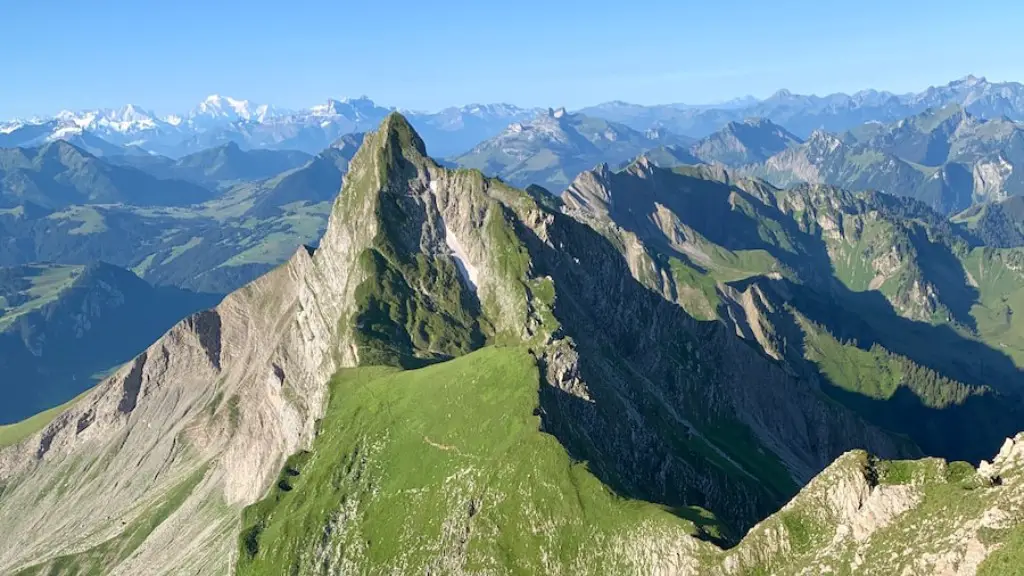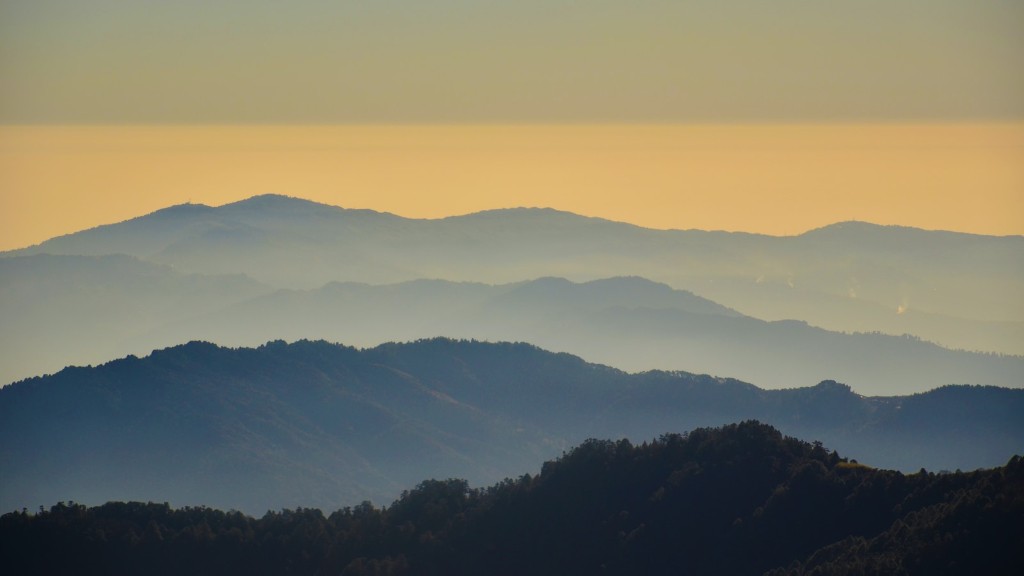Mount Fuji is the tallest mountain in Japan and is a symbol of the country. It is considered to be a sacred mountain and is a popular tourist destination. Mount Fuji is also an active volcano.
For the Japanese, Mount Fuji is much more than just a mountain. It is a symbol of their country and their culture. It is a place of beauty and a source of great pride. Mount Fuji is also a sacred mountain, and many Japanese people make a pilgrimage to its summit each year.
What does Mount Fuji symbolize in Japan?
Since ancient times, Mount Fuji has been a symbol of faith for Japanese people; a symbol of admiration. This beautifully formed shape of grandeur leaves a deep impression on the onlooker, filling one’s heart with sublime bliss.
Mt Fuji is a sacred mountain in Japan and is believed to be a gathering point for the spirits of deceased ancestors. Prayers are offered to them as well as to the goddess Konohanasakuya-hime for protection from volcanic eruption, fire, and childbirth.
Why is Mount Fuji an icon
Mount Fuji is one of the most iconic symbols of Japan. Its distinctive shape is recognizable around the world, and its associations with Japanese culture are strong. However, over time, Mount Fuji has come to symbolize a number of different things, depending on the political and social climate of the time. In the 1930s and early 1940s, Mount Fuji came to symbolize ultranationalistic ambitions. In 1946, it came to symbolize peacetime democracy. And in more recent years, it has come to symbolize a variety of things, from artistic expression to commercial enterprise. No matter what it symbolizes, Mount Fuji remains an important part of Japanese culture.
Mountains have always been an important part of Japanese culture and religion. The Shinto religion has a strong connection to nature, and mountains are seen as sacred places. This is why they are often revered and respected. In recent years, there has been a resurgence of interest in mountain culture, and more people are visiting these sacred places. This is a positive trend, as it helps to preserve the unique history and culture of Japan.
Why is Mount Fuji so special?
Mount Fuji is famous for its beauty, its height, and its place in Japanese culture. It is the tallest mountain in Japan and is considered a sacred symbol. There are many temples and shrines located around the mountain, making it a popular destination for pilgrims and tourists alike. The mountain is also popular with climbers, who come from all over the world to summit its peak.
Fujisan is the tallest mountain in Japan and is a sacred place to the Japanese people. It has been an object of worship since ancient times, and has had a large influence on the way that Japanese people view nature. The mountain is considered to be a sacred place because it is the home of the kami, or gods, and is also the place where the sun rises. Many of the religious beliefs and practices of the Japanese people are based on the mountain and its surrounding area.
Does Fuji have a meaning?
The word Fuji has many meanings, but two of the most common are “peerless one” and “deathless.” The latter interpretation is based on the Taoist belief that the volcano harbors the secret of immortality. This makes sense given the volcano’s prominence in Japanese culture and history. Whether you believe in the immortality interpretation or not, there’s no doubt that Fuji is an impressive and unique mountain.
The Mount Fuji faith is a centuries-old Japanese belief system that worships the mountain as a god. The central tenet of the faith is the “Sengen Faith” which deifies Mount Fuji as Asama-no-Okami. For the Japanese people, Mount Fuji has come to mean much more than just a physical place – it is a symbol of their spirituality and connection to the natural world.
Is Mount Fuji lucky
Mt Fuji is a popular destination for Japanese people and tourists alike. The mountain is seen as a place of luck and good fortune, and many people climb it each year. From July 1st to September 10th, the mountain is free of snow and the weather conditions are good, making it the perfect time to climb. With stunning views and a sense of accomplishment, climbing Mt Fuji is an experience that everyone should have.
1. Mount Fuji is three volcanoes in one.
2. Women were forbidden to climb it until 1868.
3. It is a sacred mountain.
4. It was first climbed by a monk.
5. It is a symbol of Japan.
6. It is an active volcano.
7. It last erupted in 1707.
8. It is surrounded by five beautiful lakes.
What is the legend of Mount Fuji?
The Fuji folklore is a popular story in Japan about a woodsman who is awakened by a loud noise. He initially thinks it is an earthquake, but when he goes to check near his house, he sees that a mountain has appeared in the land where it was once flat. The woodsman is amazed by the mountain’s mysterious existence and calls it Fuji-yama or the Never-Dying Mountain.
Mt. Fuji is a sacred mountain in Japan and is the source of many myths and legends. The mountain is home to multiple deities, including the goddess Sengen, also known as the Goddess of Fuji. It is said that her temple once resided on the summit of the mountain. Mt. Fuji is a popular tourist destination and is also considered to be one of the Seven Wonders of Nature.
Why are mountains sacred in Japan
Shintoism is at heart an animist (anima = life/soul) religion and imbues many natural features such as rivers, trees and mountains with spirits. These beliefs resulted in “sacred mountains”, and other natural features, being common in Japan.
The three mountains of Dewa are considered sacred in Shugendo, a Japanese practice of mountain asceticism. These mountain ranges are located in the Yamagata Prefecture in the Tohoku region of Japan. The mountains are highly revered and are said to be home to many spiritual beings. Many pilgrims journey to these mountains each year to perform various rituals and rites.
Why does mountains in Japan are considered sacred?
The belief that Yaoyorozu no Kami, countless gods and goddesses, dwell in every thing and occurrence in the world has long been rooted in Japan. Because Japan is a country covered by so much mountainous terrain, mountains often became the object of this belief inevitably.
Mountain climbing is a great way for thrill seekers to get an adrenaline rush. Fuji is a popular destination for climbers because it is a sacred mountain. Japanese Buddhists believe that it is a gateway to another world. Today, travellers and climbing enthusiasts from all over the world flock to this sacred mountain.
Warp Up
In Japan, Mount Fuji is considered to be a sacred mountain and is an important part of the country’s history and culture. For many Japanese people, Mount Fuji is a symbol of strength and perseverance, and it is often said that the mountain is a place where people can go to find peace and calm.
Mount Fuji is a very special and important mountain to the Japanese. It is the country’s highest mountain, and is considered to be a sacred place. Mount Fuji is a symbol of Japan, and is often depicted in art and literature. The mountain is also a popular tourist destination, and many people visit each year to climb to the summit. Mount Fuji is a truly amazing place, and holds a very special place in the hearts of the Japanese people.





